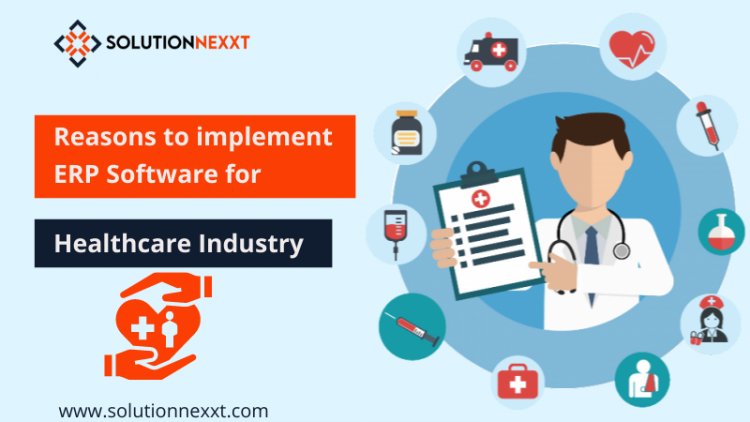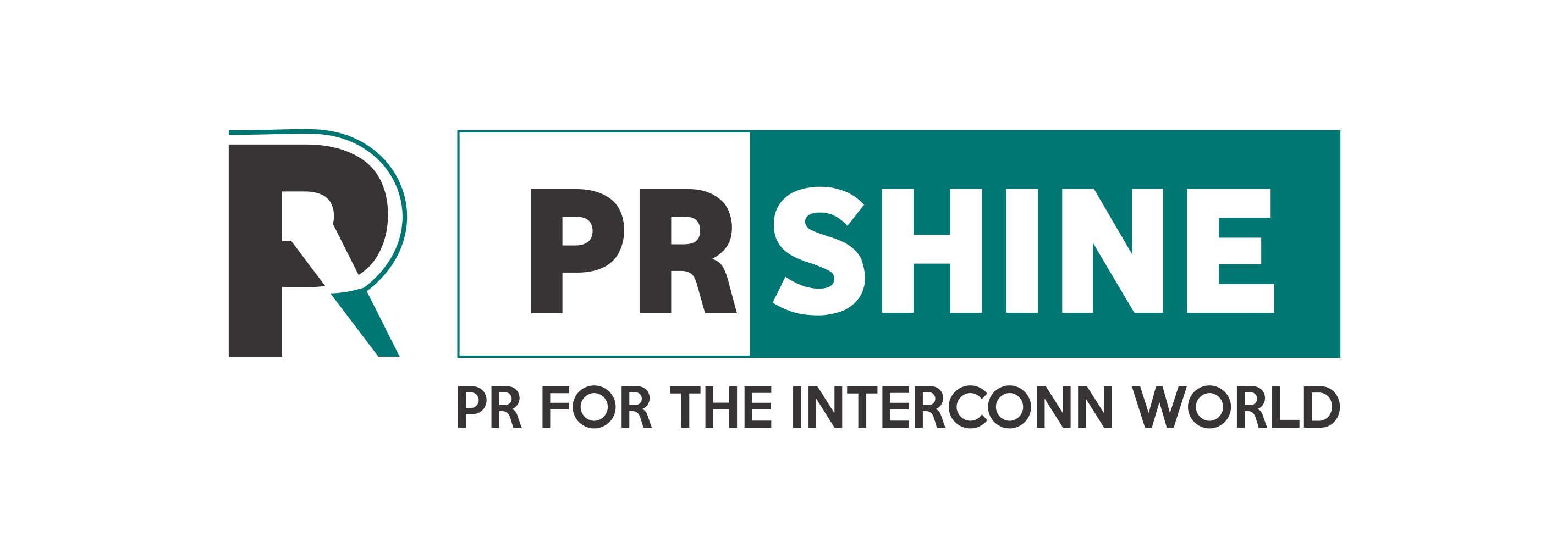Reasons to implement ERP Software for Healthcare Industry
ERP for the healthcare industry is extremely useful for managing core business activities such as inventory, human resources, customer relationships, and finances. Various hospital departments require integrated systems for the integration of core and support services, as well as back-office activities.

ERP software is now a common tool used by businesses across industries to streamline and automate business processes, thereby increasing productivity and efficiency. ERP has broken down information silos and centralised information because of its robust and exceptional features; it makes relevant data available to team members, allowing them to perform better and challenge the competition. ERP is also used by non-profits, hospitals, and government agencies to ensure smoother workflows and more efficient day-to-day operations.
Role of ERP in the Healthcare Industry
ERP for the healthcare industry is extremely useful for managing core business activities such as inventory, human resources, customer relationships, and finances. Various hospital departments require integrated systems for the integration of core and support services, as well as back-office activities.
Healthcare providers must balance two major goals: providing high-quality care to patients while significantly reducing costs. Healthcare organisations are constantly upgrading their ERP systems in order to provide better and more accessible patient care. One of the primary reasons for implementing ERP systems in healthcare is to reduce clinical errors and increase the efficiency of care providers.
Healthcare organisations can now integrate doctor and employee information with patient databases thanks to a growing number of technological advancements. Healthcare providers require real-time patient information, such as test results, in order to provide effective treatment and ensure optimal outcomes.
Streamlining information through various systems, such as diagnostic systems, communication systems, and electronic medical records for patients, is critical. Patients are given access to their medical records, making it easier for them to make timely decisions and schedule appointments as needed.
Benefits of ERP for Hospital Management
Previously, patient and company information was written down and saved in filing cabinets. However, because expertise is advancing at such a rapid pace, data can now be saved electronically, which provides a significant benefit to the healthcare sector by making document retrieval simpler and more convenient.
Aside from comfort, the following are additional ERP benefits that may benefit the healthcare and related industries:
1. Patient safety and security
Patients’ safety is critical, and healthcare providers should improve their safety protocols. ERP can help with this by improving communication between patients and clinicians.
2. Cost discount
This software also assists hospital management in lowering operational costs. Because ERP can precisely monitor finances and inventory levels, management can reduce the costs incurred as a result of inventory and administrative errors. Processes will become more efficient as a result of data automation software. The software also optimises various back-end operations such as accounts, payroll, and stock management.
3. Improve patient care
Any healthcare business has only one goal: to provide the best patient care possible. ERP gives patients access to critical reports and databases, allowing them to make quick decisions about their treatment. It simplifies medical procedures and subsequent test plans, and it improves healthcare services to meet patients’ requests and suggestions about the hospital’s environment.
4. Trends and technology adaptation
The healthcare industry should be up to date on the latest technology, particularly trends in treatment, analysis, and disease prevention. They must also constantly adapt to new changes because the latest technological developments will make the business stronger and more competitive.
ERP software programme is critical, particularly when managing healthcare practises and running a business. Because the healthcare sector is always in demand as a business, proper planning is required to ensure that it runs smoothly 24 hours a day. It benefits the business in a variety of ways, including keeping up with the latest trends and effectively managing policies and procedures related to claims, enrollment, supplier networks, and member benefits.
5. Financial planning
ERP ensures that all patients and healthcare providers benefit equally, particularly in terms of funds. It assists the establishment in remaining viable and providing people with affordable but high-quality patient care.
6. Strategic planning
Typography is the cornerstone of web design. In order to make the content appear effective when it is displayed across the mobile devices, the font sizes must be optimized for mobile as well.
Use of pixels to define the font size works when working on a fixed-width website but in case of responsive websites, a responsive font is a must.
CSS3 specifications include a new unit called rems which are relative to the HTML elements which results in the entire web page adjusting dynamically depending upon the viewport width of the browser.
Conclusion
By implementing an ERP solution in your organisation, you can bring various stakeholders on the same page, with centralised information, such as patients, doctors, and insurance companies. Today’s market offers a plethora of ERP software tools that are robust, innovative, flexible, and user-friendly. Healthcare professionals can focus on improving the quality of care they provide to patients and ensuring optimal outcomes without having to worry about cutting costs or finding ways to improve operational efficiencies.
Hospitals, clinics, nursing homes, and professionals are rapidly adopting ERP software to improve their overall performance and gain a competitive advantage. The increased transparency and accountability requirements have accelerated the pace of ERP implementation in healthcare institutions. If your company hasn’t taken advantage of this technology yet, it’s time to think about switching to an ERP system.
Solution Nexxt is a well-known cloud-based ERP software system that enables you to manage your projects and business operations with ease. Furthermore, with this software, you can access your business data at any time and from any location. Contact Solution Nexxt if you need help managing an ERP software system.


 solutionnexxt
solutionnexxt 









